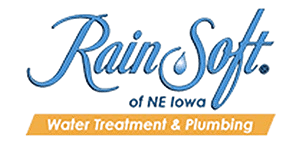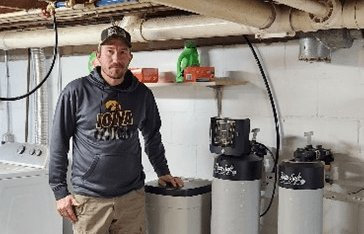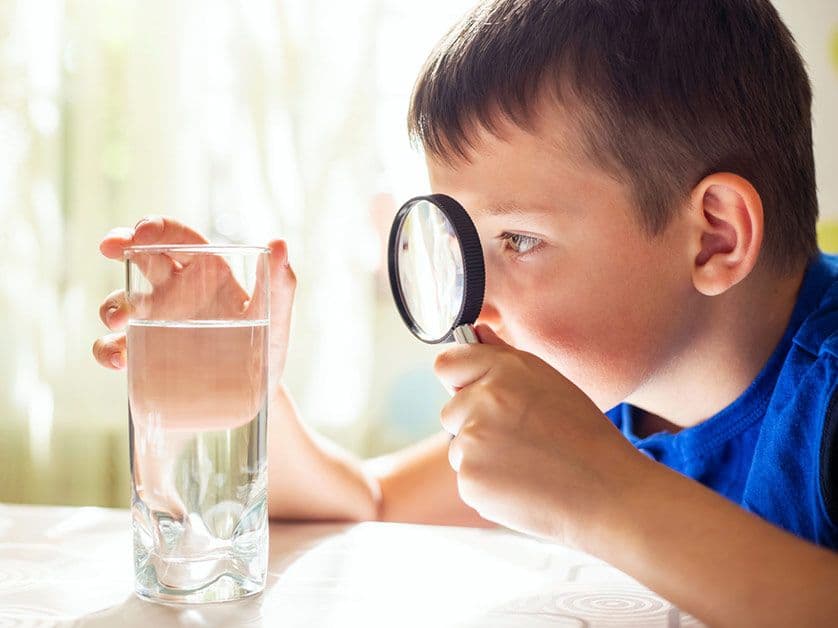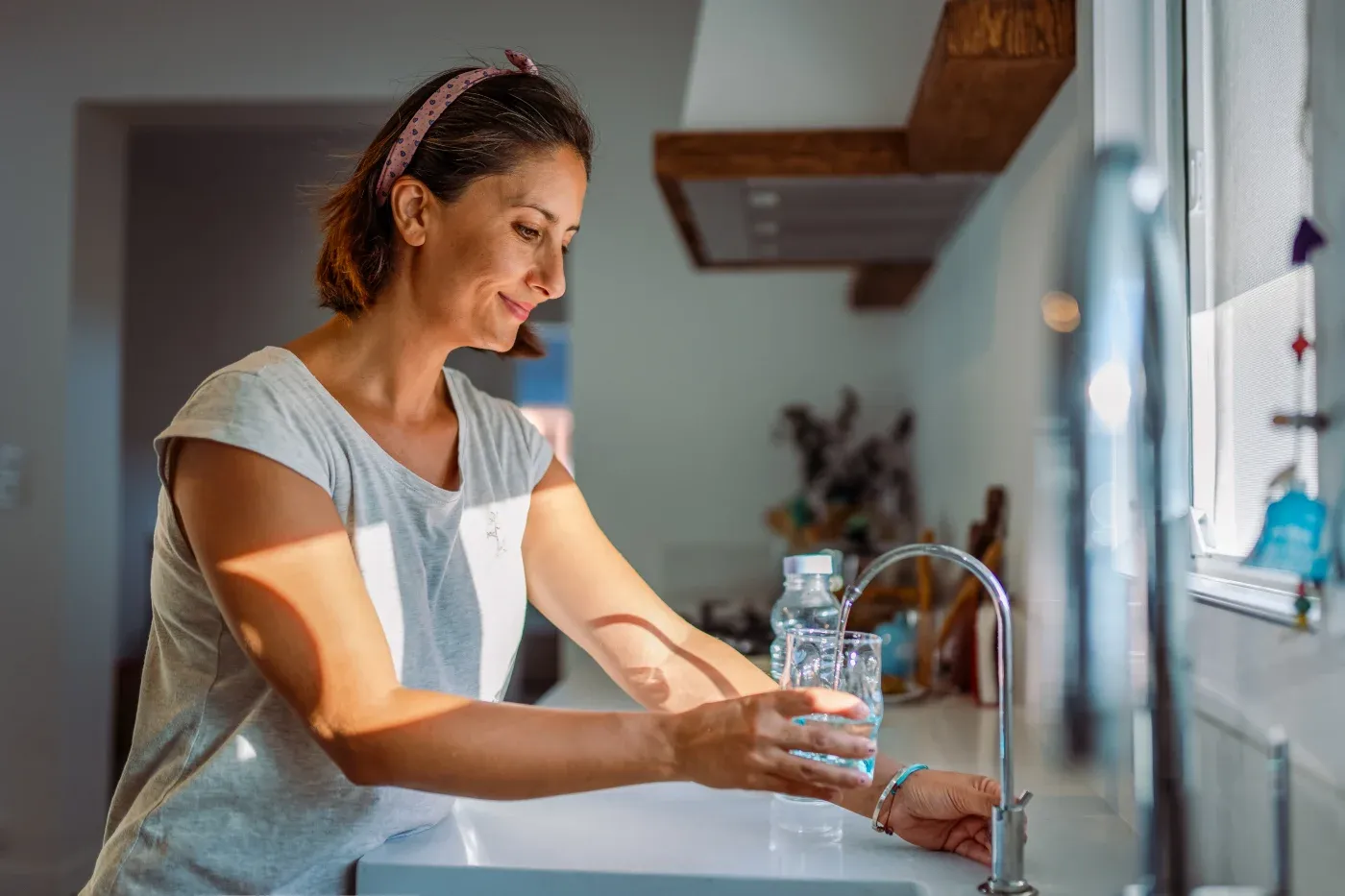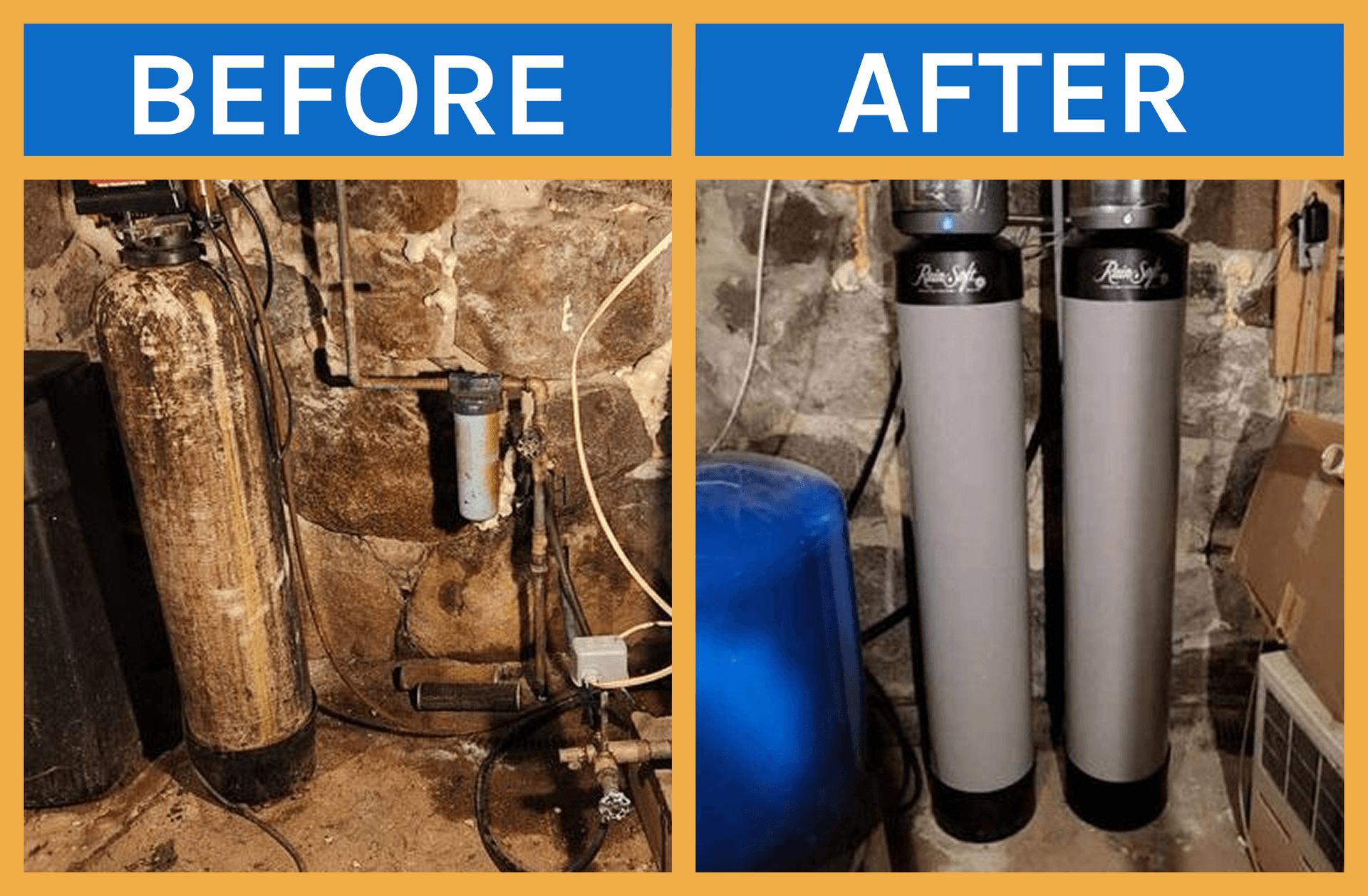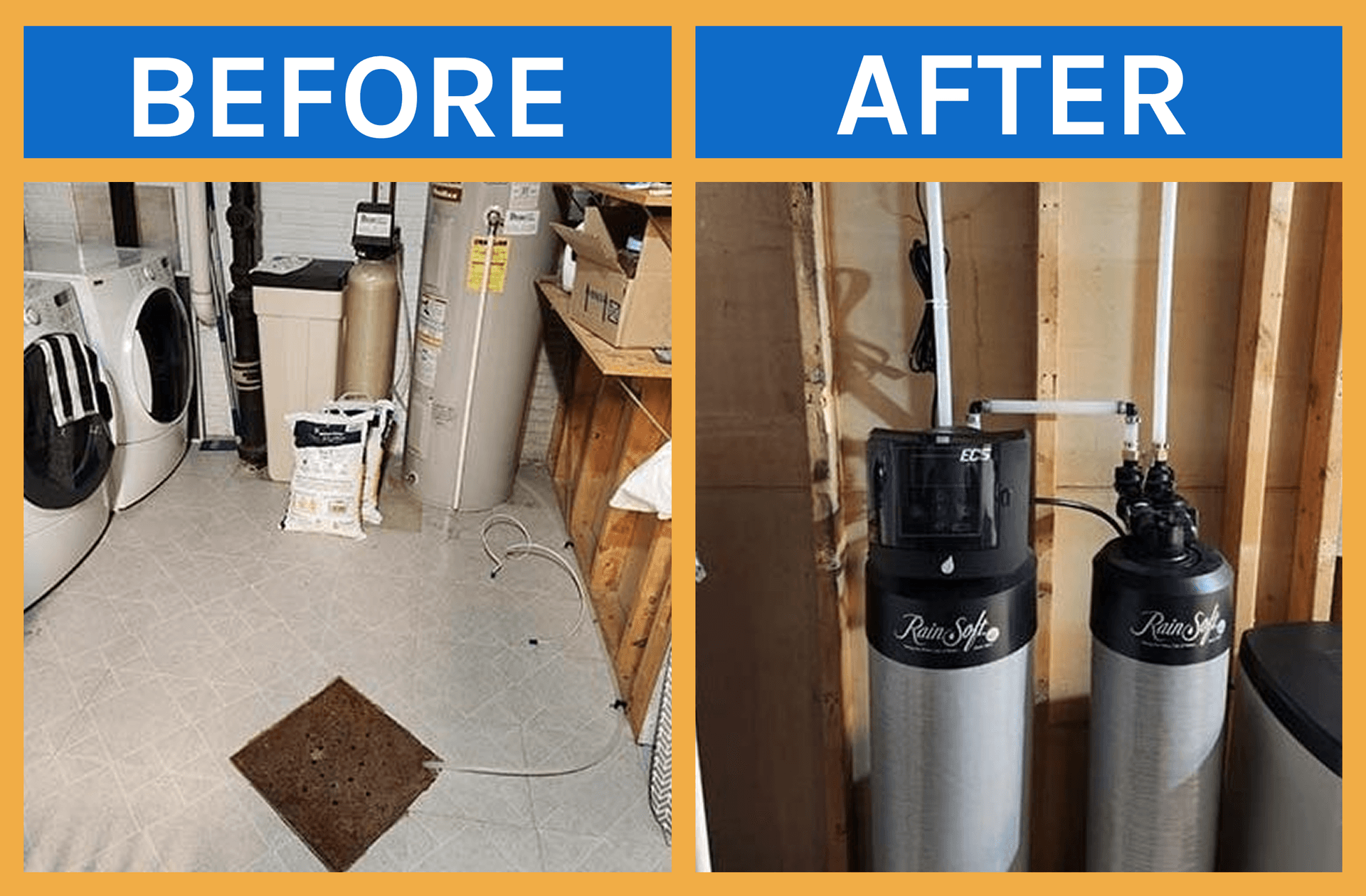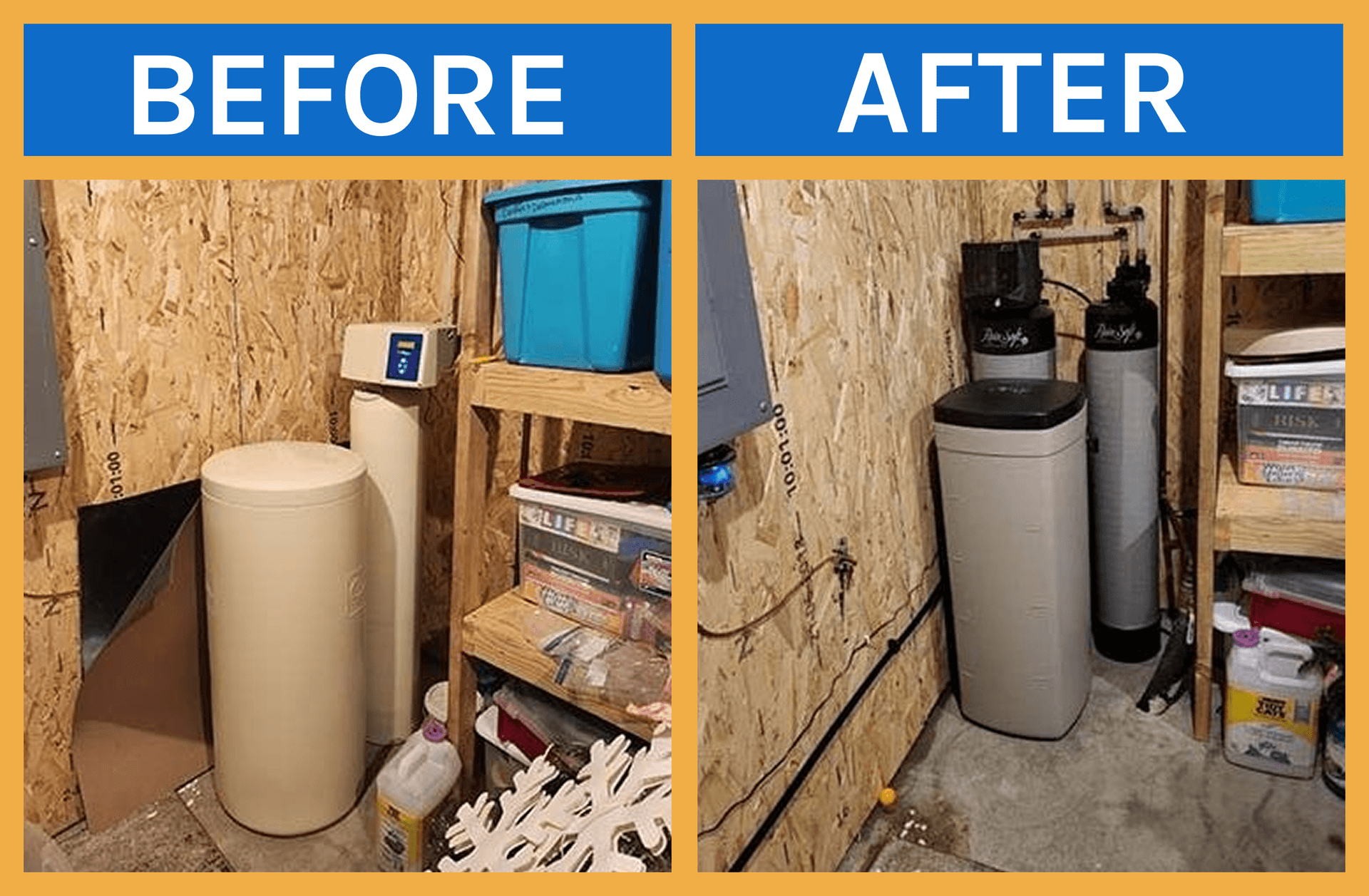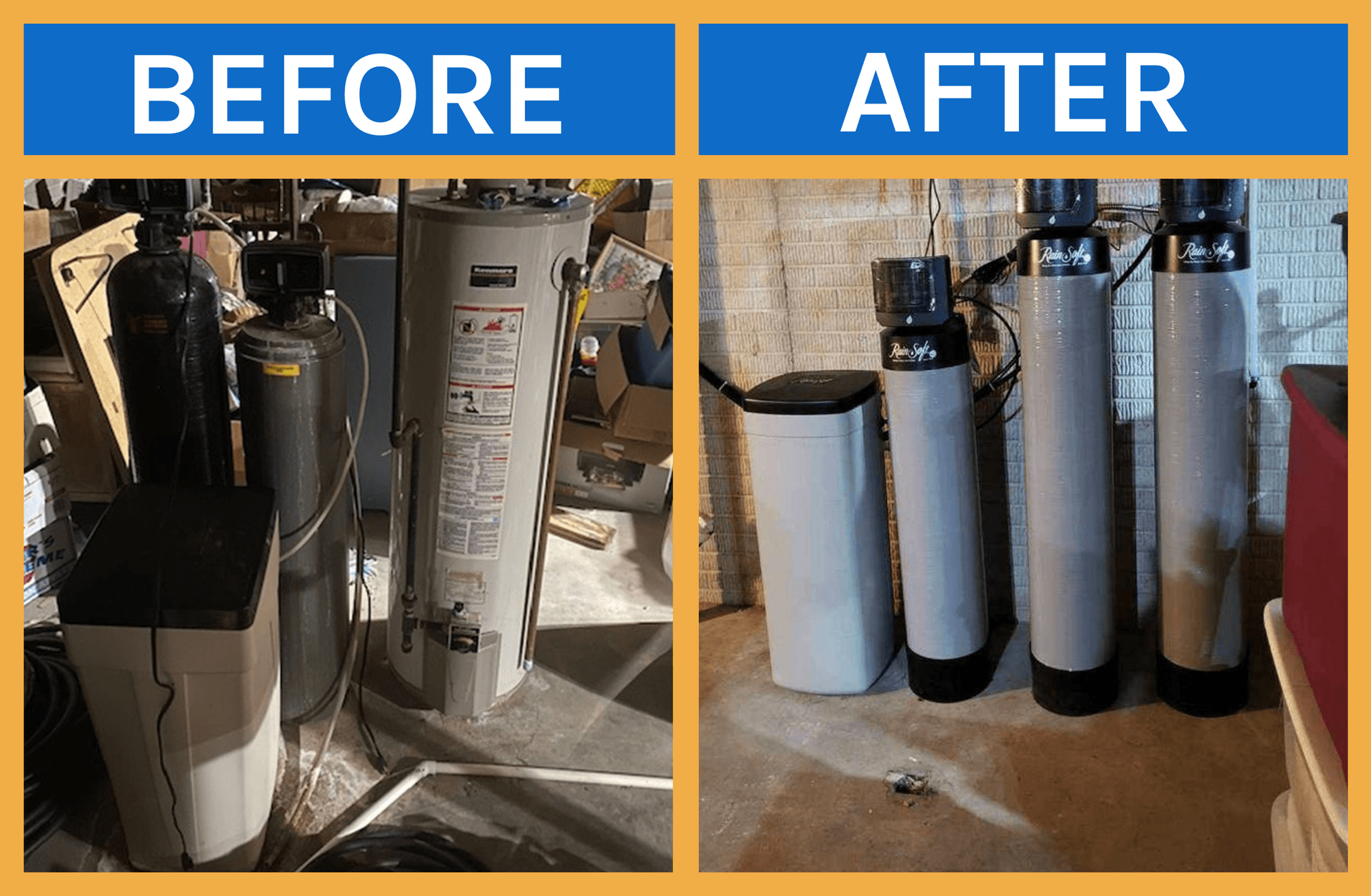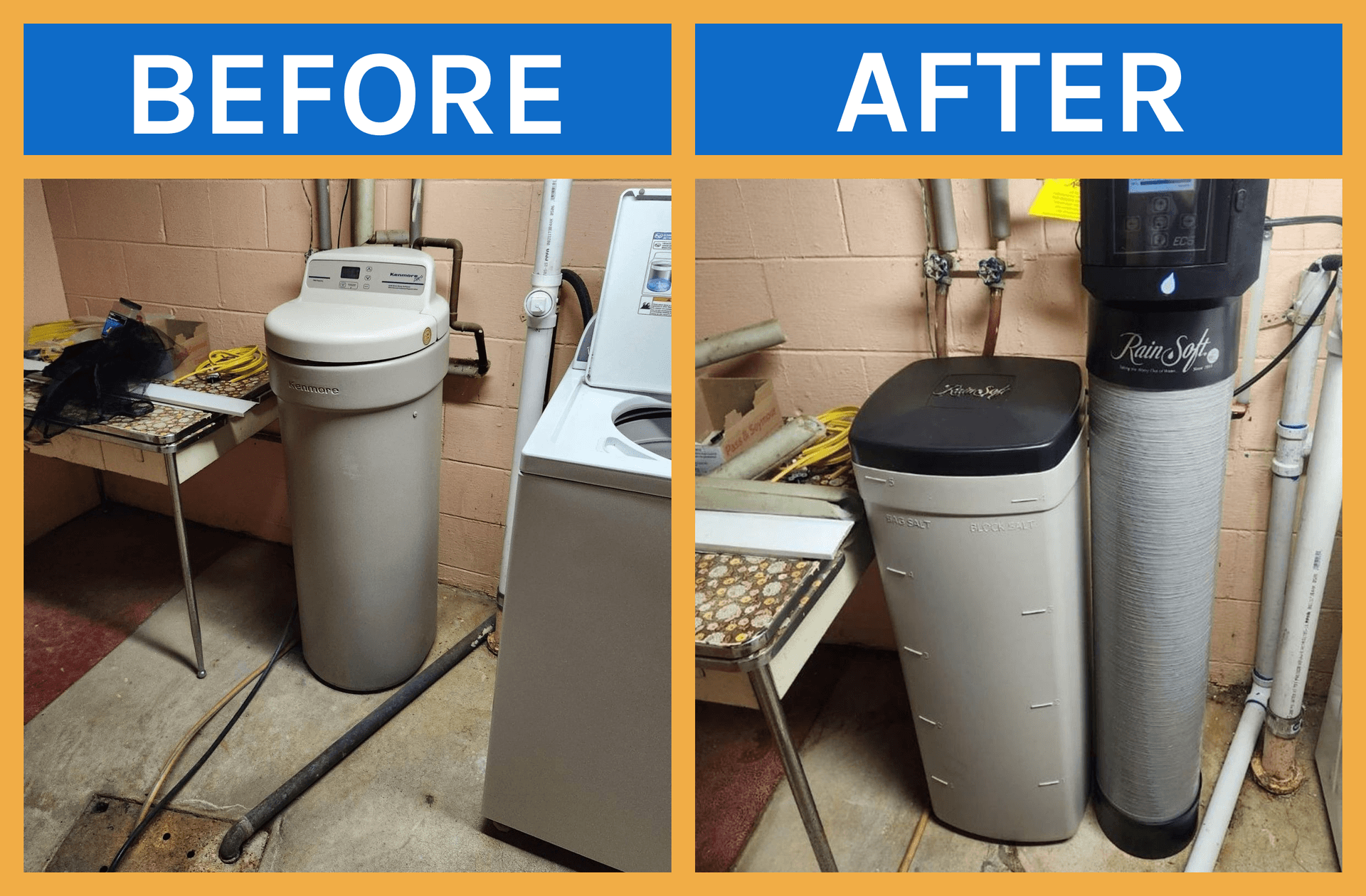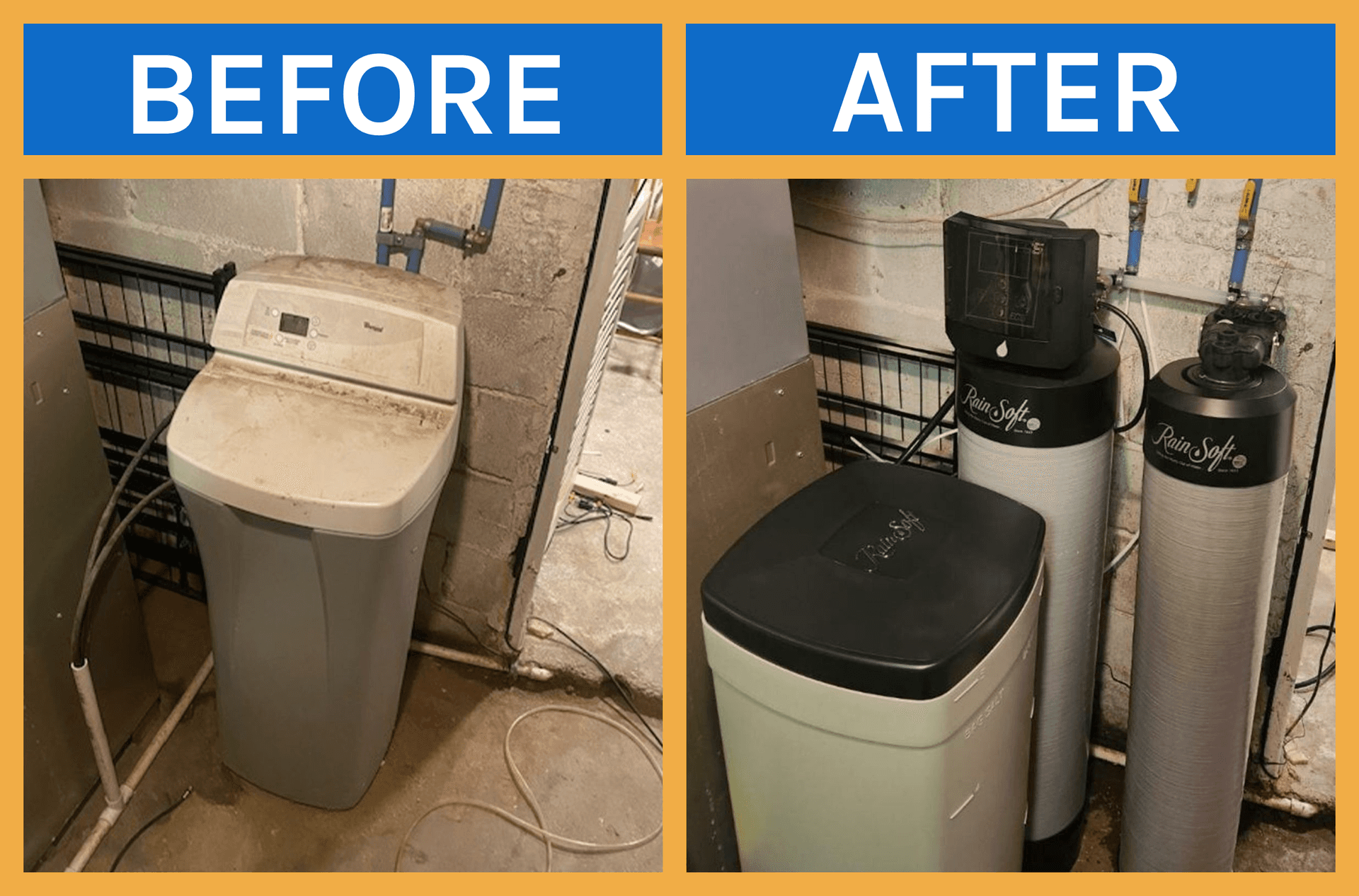
5 Common Chemical Contaminants in Drinking Water
Ensuring clean drinking water is essential for health, but certain chemical contaminants can sometimes find their way into water sources. Here are five common contaminants, their sources, and their potential impacts on health.

1. Lead
Lead contamination often stems from old pipes and plumbing fixtures. As water travels through these materials, lead particles can leach into them, especially if the water is acidic. Lead is harmful to health, particularly for children, as it can impair development, damage the nervous system, and cause cognitive issues.
2. Chlorine and Chloramine
These chemicals are widely used as disinfectants to kill bacteria and viruses in drinking water. While necessary for sanitizing purposes, high levels of chlorine or chloramine can produce harmful byproducts, irritate skin and eyes, and impact taste. Long-term exposure has also been linked to an increased risk of certain cancers.
3. Nitrates
Often found in agricultural areas, nitrates enter water supplies through fertilizers, septic systems, and animal waste. High nitrate levels in drinking water are particularly dangerous for infants, as they can cause “blue baby syndrome,” a condition that reduces the blood’s ability to carry oxygen.
4. Fluoride
Though added to water supplies to promote dental health, excessive fluoride can be harmful. Long-term exposure to high levels of fluoride can lead to dental fluorosis (tooth discoloration) and skeletal fluorosis, affecting bone strength and flexibility.
5. Arsenic
Arsenic is a naturally occurring element found in soil and groundwater, but it can also be introduced through industrial processes. Prolonged exposure to arsenic can cause severe health issues, including cancer, skin lesions, and cardiovascular disease.
Protect Your Health With Our Water Treatment Solutions
Worried about these contaminants in your drinking water? Our water treatment solutions at RainSoft of NE Iowa are designed to reduce or eliminate harmful chemicals, giving you peace of mind and clean, safe water at home. Contact us at (319) 346-3286 or fill out our online form to schedule an appointment and learn how we can help safeguard your water quality.
Filed Under: water treament Tagged With: chemical contaminants, Drinking Water, lead
FREE WATER QUALITY TEST
Receive a $40 Gift Card with Your Completed Test
Recent Posts
Hard water, characterized by a high concentration of minerals like calcium and magnesium, is a common issue for many homeowners...
Ensuring clean drinking water is essential for health, but certain chemical contaminants can sometimes find their way into water sources...
Despite the advancements in our municipal water treatment facilities, the risk from contaminants — ranging from industrial pollutants to natural occurrences — is and will always be present...
Contact RainSoft of NE Iowa
For more information and to schedule a complimentary water test, contact RainSoft of NE Iowa today. We are an authorized RainSoft dealer serving Waterloo, Cedar Falls, Cedar Rapids, Marion and many other communities in the northeast region of IA.
Our Testimonials
We live a considerable distance away from the city where Rain Soft is located but have never had any problems with the system itself. We were proud to recommend it to our son when he brought the place from us. He has no problems as of this date. Thank you for your service!
Rainsoft is a great product that comes with great service. We feel it was an investment, but we feel it was worth it. We have the Ultrefiner Drinking Water System that we use for all of of water bottles on the go - they stay clean - no yellow or pink film…. The Water Conditioning System is efficient and we used about 6 bags of salt in the last year - active family of 2 with family stopping in. Would highly recommend Rainsoft.
We have been with Rain soft since 1999. We recently purchased a new softener and decided to stay with Rain soft because of their excellent service and quality of product. We have had the reverse osmosis system since the beginning and have also added the chlorine removal tank. We enjoy having the quality water that our system provides us with. Thanks to rain soft. Brent and Carla Whitlock.
Will make this short. Had some problem with our water softener. Had water on the floor. It would make all kinds of noise and the our water softness was inconsistent. Lucas came and took the time to fix it right! Our water softener has never worked this well. Be sure to let Lucas know much we appreciated his work!!
RainSoft has delivered excellent service and products since we installed a whole house water system more than 20 years ago. We recently replaced our refrigerator and RainSoft came the next day to connect the new water line for our ice/water. Prompt and friendly service!
Blake was awesome and the warranty on the products is very good. Blake took the time to replace all potential problem parts in the system at no additional charge. Living in the country with well water is hard on the system but I don’t know what I would do without it. Blake also had some extra bags of salt on hand to save us a trip. Very professional and obviously took pride in doing things right!



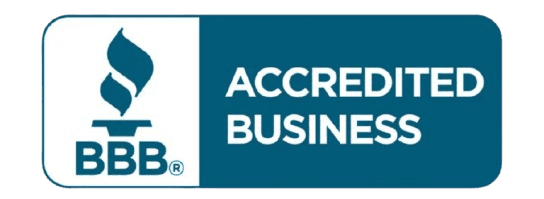


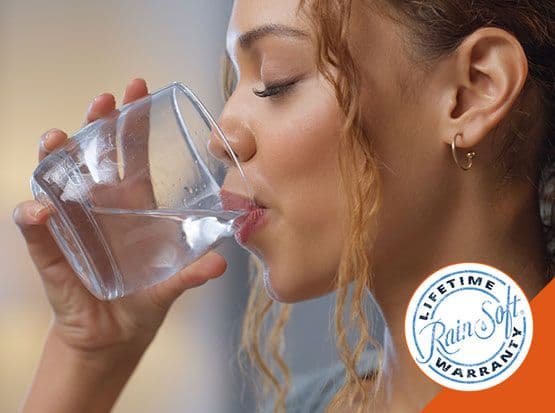
Lifetime Warranty
A RainSoft home water treatment system is backed by the most comprehensive warranty in the industry: the RainSoft Lifetime Warranty. When installed by our knowledgeable, certified technicians and licensed plumbers, you get unsurpassed warranty coverage for all RainSoft water softener and air treatment products. You can even take your RainSoft system with you if you move! That means a water treatment system from RainSoft is the last system you will ever need to buy. Contact us today to schedule a free water test.
News and Updates
Hard water, characterized by a high concentration of minerals like calcium and magnesium, is a common issue for many homeowners...
Ensuring clean drinking water is essential for health, but certain chemical contaminants can sometimes find their way into water sources...
Despite the advancements in our municipal water treatment facilities, the risk from contaminants — ranging from industrial pollutants to natural occurrences — is and will always be present...
We Could Be In Your Area
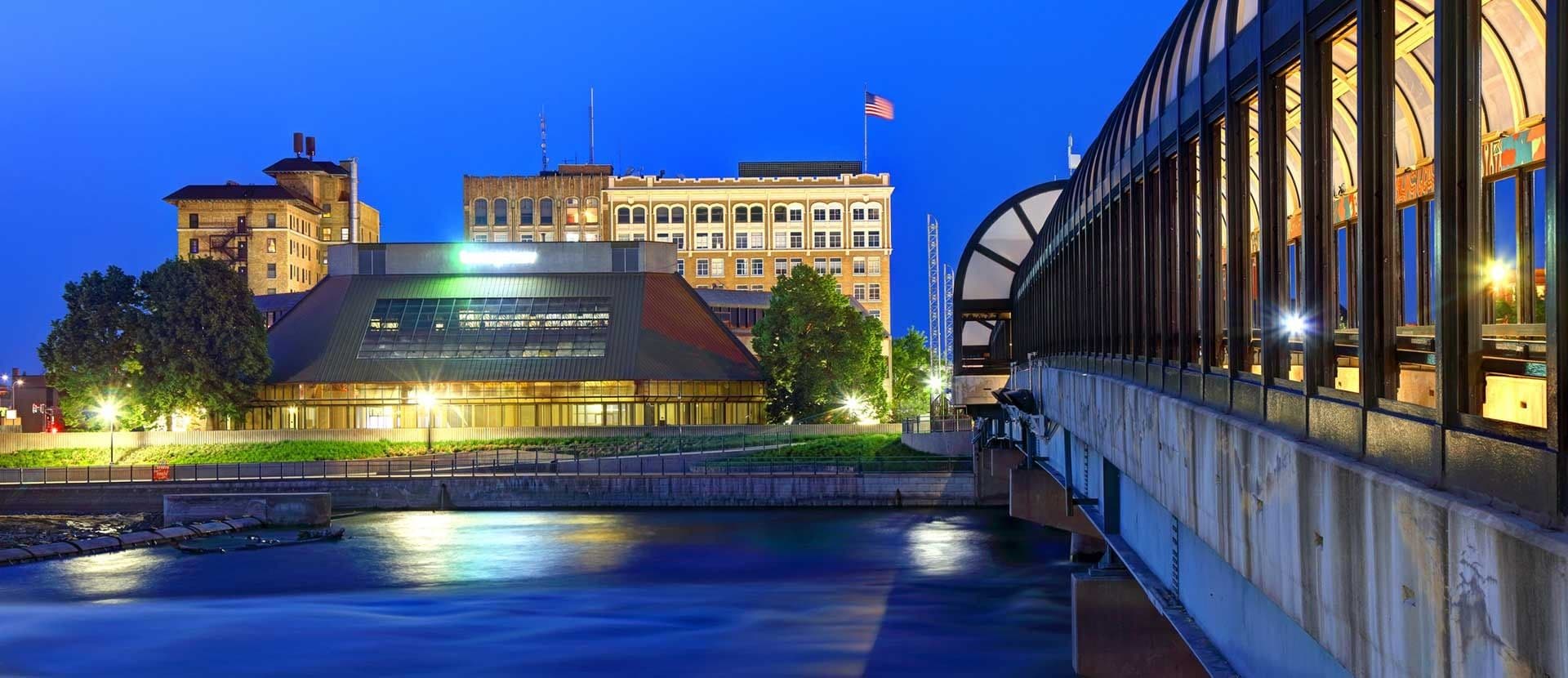
Mon - Fri: 8AM - 4:30PM
Sat - Sun: Closed
